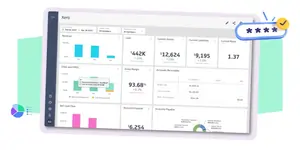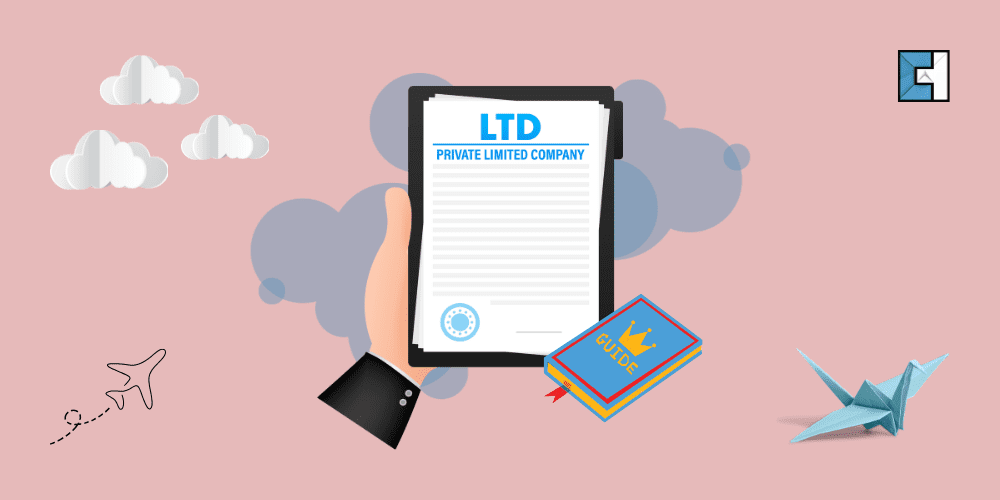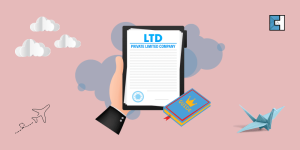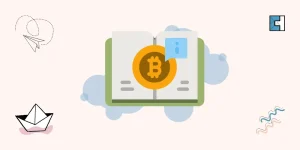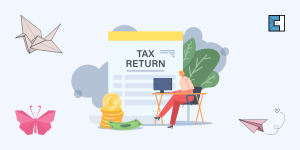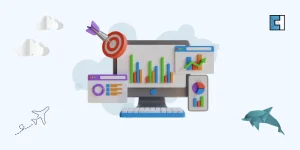The Basics of Tax on Pension Income
If your total annual income exceeds your personal allowance, then you are liable to pay taxes. The same is the case with your taxable pension income that you receive after retirement. Learn more about your personal allowance and income tax rates by speaking to our tax accountant or a qualified chartered accountant.
What Is Included in Your Total Income?
Your total annual income:
- Includes your state pension (either basic State Pension or New State Pension)
- It also includes your Additional State Pension
- Includes your income from employment or self-employment
- Includes your private pension, of which some portion can be enjoyed tax-free
- It also includes your taxable benefits
- Includes your earnings from other sources such as investment, savings or property
Parents, you could be losing entitlement to your future state pension!
If you are receiving a large portion from your private pension, you may be required to pay income tax at a higher rate, which also implies that you will be liable to pay more taxes at the end of the tax year. Seek advice from a competent financial advisor and an accountant when setting up a pension scheme.
What if Your Private Pension Is Over £1,055,000?
You are liable to pay a tax charge if the total value of your private pension exceeds £1,055,000. Your tax charge will be deducted by the pension provider before you get your hands on the payment.
What about when someone inherits your pension?
Different rules are applicable if someone inherits your State Pension or Private Pension.
What if Your Total Income Does Not Add Up to More Than Your Personal Allowance?
You will not be liable to pay taxes if your total income does not add up to more than your personal allowance.
What About Taking Lump Sums From Your Pension?
You can withdraw 25% of the amount from any pension as a tax-free lump sum. This does not affect your personal allowance.
The Remaining Amount Will Be Taxed Before You Receive It
For instance, your entire pension is worth £40,000, of which you can take up to £10,000 (25%) as tax-free, while the remaining £30,000(75%) will be subject to taxation.
If you are receiving a large portion from your private pension, you may be required to pay income tax at a higher rate, which also implies that you will be liable to pay more taxes at the end of the tax year
For a Pension of up to £10,000
If your pension is worth up to £10,000, you can take it together. This is known as a ‘small pot’ lump sum. By taking this option, you can derive 25% of your pension tax-free.
You generally:
- Get to enjoy about 3 small pot lump sums from various personal pensions.
- Get to enjoy unlimited small pot lump sums from various workplace pensions.
For a pension of up to £30,000 with defined pension benefits included.
If your pension amounts to £30,000 or less, then you can receive everything included in your defined benefit pension or contribution pension as a ‘trivial commutation’ lump sum. By taking this option, you can derive 25% of your pension tax-free.
However, if your lump sum is paid from more than one pension, then you must ensure that:
- You have to get your savings from each scheme valued by the pension provider on the very same day, given that you take no more than 3 months before receiving your first payment.
- You receive every payment within 12 months of the first payment
Remember that you will be required to pay tax on the whole lump sum if you are taking payments from a pension before taking the remaining as a lump sum.
Outsourcing professional Tax Services will ensure that this procedure is done for you properly.
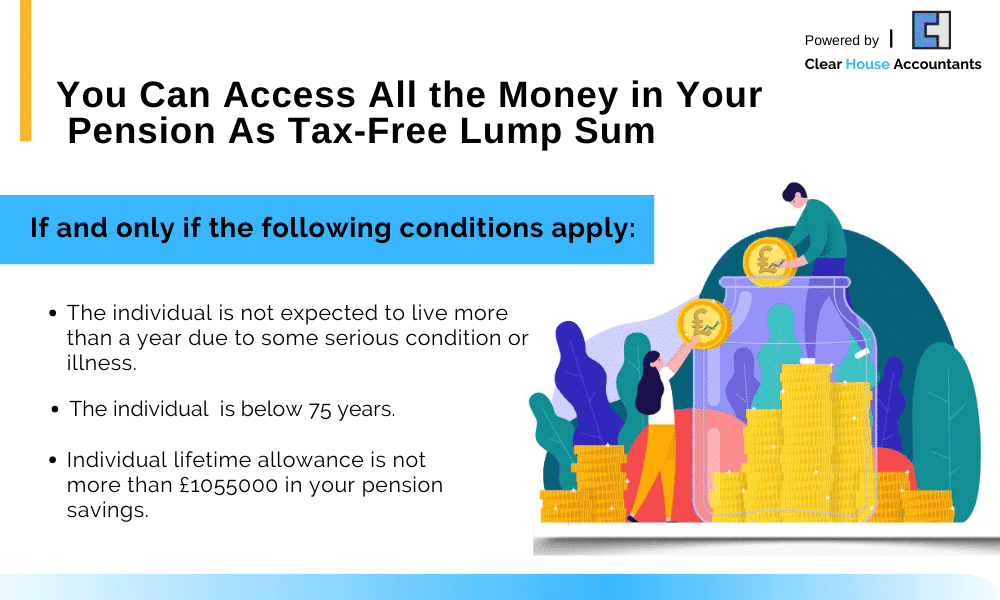
What About Cash From a Defined Contribution Pension?
You need to ask your pension provider how you can take cash from a defined contribution pension. However, you are liable to:
- Withdraw the entire amount of the pension as cash, of which up to 25% is tax-free.
- Take smaller cash sums- of which up to 25% of each sum is tax-free
Remember that you may be liable to pay a tax charge on the amount of money you add to your pension after withdrawing cash.
What if Your Life Expectancy Is Less Than a Year?
You may get to enjoy all your money in your pension as a tax-free lump sum if and only if the following conditions apply:
- You are not expected to live for more than a year due to a serious condition or illness.
- Your age is below 75 years.
- Your lifetime allowance is not more than £1,055,000 in your pension savings.
However, you are required to pay income tax on the lump sum if your age is above 75 years. You also need to talk to your pension provider, as some of the pension funds keep a minimum of 50% of your pension for your spouse or civil partner. Make sure when you are designing a pension scheme, you speak to your accountant or accounting firm to help you design a drawdown strategy. If you do not have an accountant, you can always find a competent accountant in London.
What if you have a State Pension and a Private Pension?
Your pension provider will deduct your liable taxes (they will also take off any taxes due on your State Pension) before they pay you.
If you are receiving payments from more than one pension provider (for instance, you are receiving payments from your workplace and a private pension, then HMRC may ask one of your providers to deduct the taxes owed from the State Pension.
You’ll receive a P60 from your pension provider at the end of the tax year. The P60 shows how much tax you have paid in a particular tax year. Your tax accountant or accounting firm will request this from you when preparing your self-assessment tax return.
What if Your Only Pension Source Is the State Pension?
If the State pension is the only income you receive, then you will be expected to be responsible for anything that you owe. You will be required to complete and send a Self-assessment tax return for anything that you owe.
However, if you started receiving income from your pension fund after 6 April 2016, you will not be required to send a tax return; instead, HMRC will inform you about anything that you owe and how you can pay.
What if You Continue With Employment?
If you continue to work, your employer will deduct any taxes owed from your earnings and State Pension. This is what is known as Pay As You Earn tax (PAYE tax).
What if You Are Self-Employed?
You will be liable to file a self-assessment tax return to HMRC at the end of every tax year. You are liable to mention your total income, State pension income and income from private pensions, for instance, your workplace pension.
What About Income From Other Sources?
You are responsible for any taxes you owe on the income earned through other sources and not from your taxable pension income. You might be requested to send in your Self-assessment tax return.
Remember, you are always allowed to claim a tax refund if you think you have overpaid in taxes. You will need to speak to your personal tax accountant about this.
What Do You Need To Know About Tax Codes?
You’ll be assigned a single tax code if you only have one source of income. Similarly, you might be assigned different tax codes if you are earning from different sources. You can request a tax code correction if you think it is incorrect.
What About Your Pension Income Tax if You Are Living Abroad?
You will be liable to pay UK tax on your pension if you have the status of a UK resident for tax purposes and are living abroad. The amount of tax you owe entirely depends on the amount of pension income you earn.
Similarly, you will not be required to pay tax on your pension if you are not a UK resident. You might be required to pay tax in the country you are residing in. However, you should know that there might be exceptions; for instance, some pensions, like the UK civil service pension, will only and always be taxed in the United Kingdom (UK).
What if You Are Living in a Country Without a Double Taxation Agreement With the UK?
You might be liable to pay taxes in both countries (the UK and the country you are living in). Having access to a highly competent accountant or tax accountant will help you save tax.
Clear House Accountants are specialist accountants who have been helping businesses and sole traders save tax by employing smart tax-saving solutions.
Additional Resources

















